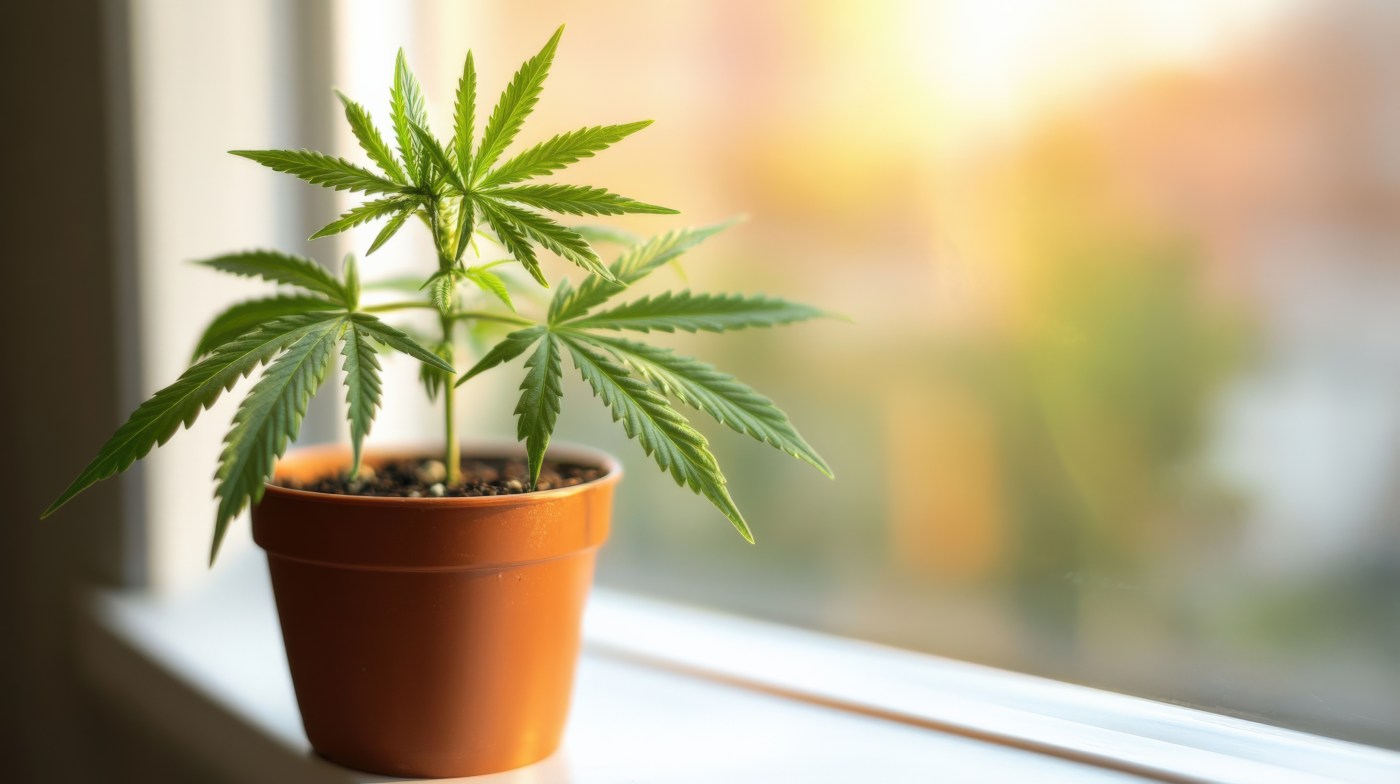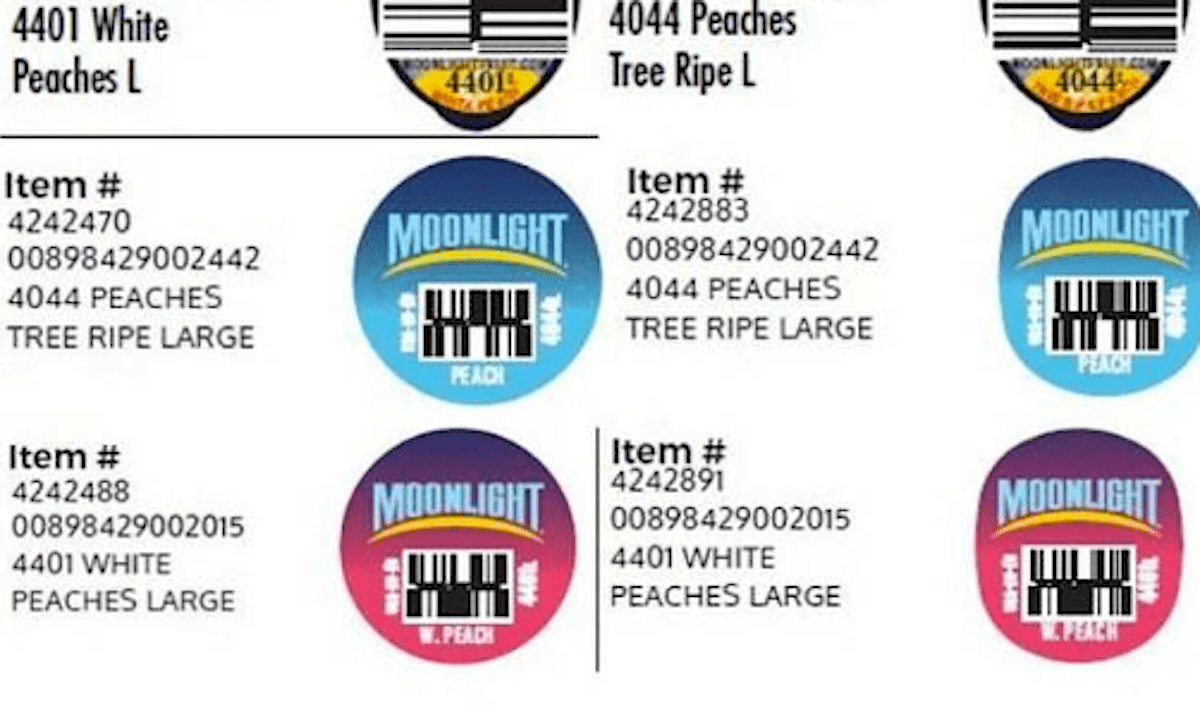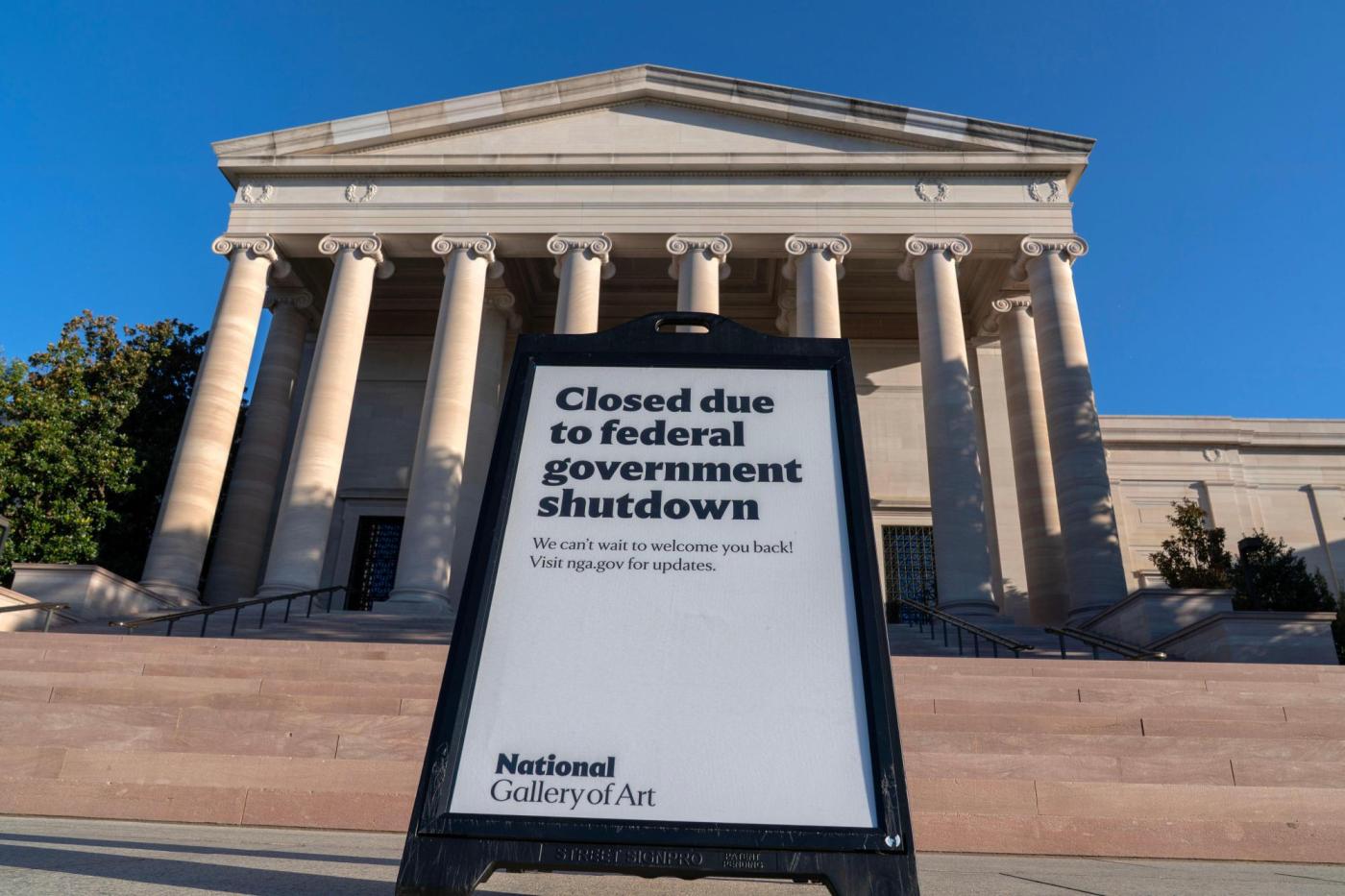Cannabis use has experienced a dramatic shift in public perception over the last few decades. Once seen as a taboo subject and largely illegal across most of the world, cannabis is slowly emerging from the shadows, thanks to changing societal attitudes. This shift is influencing everything from government policies to market trends, and even the way cultural events are celebrated. As cannabis enters the mainstream, the question becomes: how will these changing views continue to affect society?
One of the most significant indicators of this change is the evolving legal landscape. In the United States, for instance, nearly 40 states have legalized cannabis for medicinal purposes, and 23 states have taken the step of legalizing recreational use. According to the National Conference of State Legislatures (NCSL), the growing body of evidence suggesting cannabis has medical benefits—especially for conditions like chronic pain, anxiety, and epilepsy—has been a major driver of this shift. As more people experience its benefits firsthand, public support for legalization continues to rise. A 2023 Gallup poll found that 68% of Americans support legalizing cannabis, a stark contrast to just 12% in 1969.
This broadening acceptance has created a domino effect, propelling market growth and changing how cannabis is marketed. The cannabis industry in the U.S. alone was valued at over $25 billion in 2021 and is expected to grow to $41.5 billion by 2026, according to New Frontier Data. The increasing availability of cannabis in both recreational dispensaries and wellness-focused products—such as CBD oils and edibles—reflects this cultural shift. The focus has shifted from purely recreational use to a more nuanced view of cannabis as a wellness product.
Social acceptance isn’t just about policy or economics; it’s also reflected in the cultural spaces where cannabis is now welcomed. Music festivals and art events, once places where cannabis use was quietly tolerated or ignored, are increasingly embracing cannabis culture as part of their brand. Cannabis-friendly festivals like the High Times Cannabis Cup have gained popularity in recent years, offering both education and a celebration of cannabis culture. In fact, some large music festivals even host on-site dispensaries. This cultural integration has helped normalize cannabis use and de-stigmatize it in the eyes of the public.
The demographic driving this shift includes not only younger generations but also older adults. According to a 2021 AARP survey, 18% of Americans aged 50 and older reported using cannabis, with many citing it as a way to manage health concerns like sleep issues and pain. As older generations embrace cannabis for its perceived health benefits, they are helping to break down the stigma surrounding its use.
However, despite these advances, cannabis use remains a controversial topic for some. Concerns about its impact on mental health, particularly among adolescents, persist. Critics also argue that the speed at which cannabis has become legal in some areas might be too rapid without fully understanding its long-term societal impacts. The balancing act between fostering a thriving market and safeguarding public health continues to be a challenge for policymakers.
Related Articles
Cannabis, Culture & Liberation: A Juneteenth Deep Dive
Fight against illegal pot grows continues
Minnesota’s cannabis tax will be one of the highest in the nation after 50% hike
All The Ways Medical Marijuana Helps Fight Cancer
The Science Behind Weed & Allergies in May





